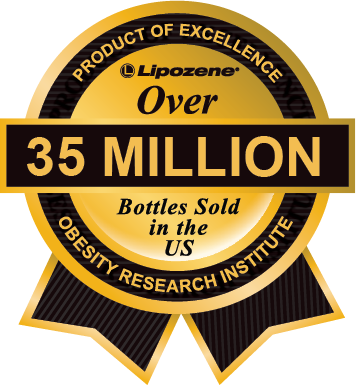




Known for helping people get stronger, protein provides many benefits beyond just strength. It can help reduce your appetite, boost your metabolism, lower your blood pressure, and help with increasing body mass, along with many other benefits. Eating enough protein will help you live healthier, and there are various sources of protein. But getting enough protein into your diet can be difficult. Thankfully, protein powders can help us reach our recommended daily intake of protein. However, not all powders are the same, so it is important to be aware of the differences. Here are a few various types of protein powders and how they are different from one another.
Easily the most popular of all the proteins, whey protein is found in all of your traditional protein bars and shakes. Whey is the leftover liquid from milk after milk gets processed into cheese or yogurt. Derived from milk, whey protein does include lactose, with variations of whey protein including less lactose due to more processing, such as a whey isolate. Whey is a fast-digesting protein and is particularly effective in increasing muscle growth and in recovery after resistance training. This is due to the high amount of branched-chain amino acids (BCAAs) found in whey protein. One of these amino acids in particular, (leucine) is helpful in supporting muscle growth.
Casein protein carries many of the same characteristics as whey protein. A main difference is that casein protein is digested and absorbed much slower than whey protein. Casein reduces protein breakdown at a much slower rate than whey, making it an anti-catabolic protein source
Eggs are some of the best and most nutritious foods you can eat, and the same can be said for egg protein. One of the highest quality proteins, egg protein, is a very clean source of protein because it’s primarily made of egg whites. This, however, makes it less filling than other proteins. Egg protein includes the nine essential amino acids that our body cannot produce on its own.
High in fiber and created through a blend of different plants to provide all the essential amino acids, plant protein is a clean, slower digesting protein. This type of protein is particularly effective in helping with digestive problems, thanks to the enzymes derived from the plant sources.
Protein powders are a great supplement to incorporate into your diet, however they shouldn’t be your primary source of protein. Most of your daily protein should come from whole natural foods. With whole natural foods, you will get protein directly from the source along with a variety of nutrients. Powders should be viewed as a boost, not as a food replacement. Make sure you have a varied mixture of protein sources from meats to veggies to grains. In doing so, you get the full benefit of all these foods.
Eating enough protein is a significant component of healthy living a healthy life. We must have a varied mixture of different proteins to ensure make sure we reap the full benefits of protein.
Feedback: